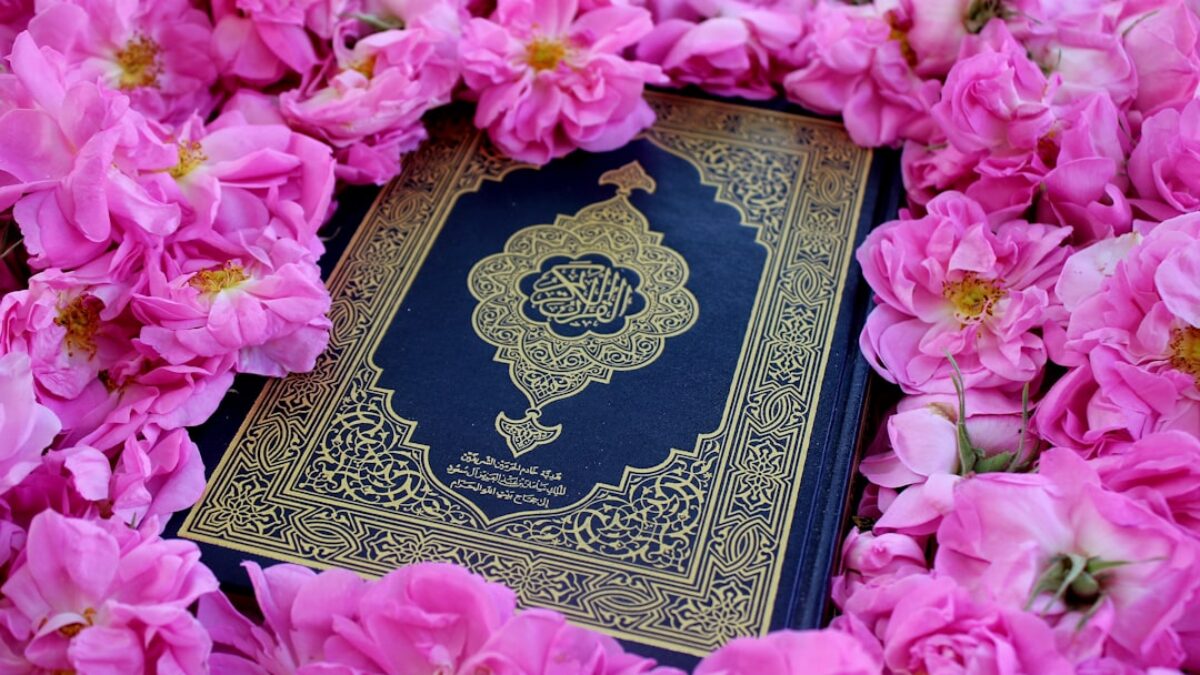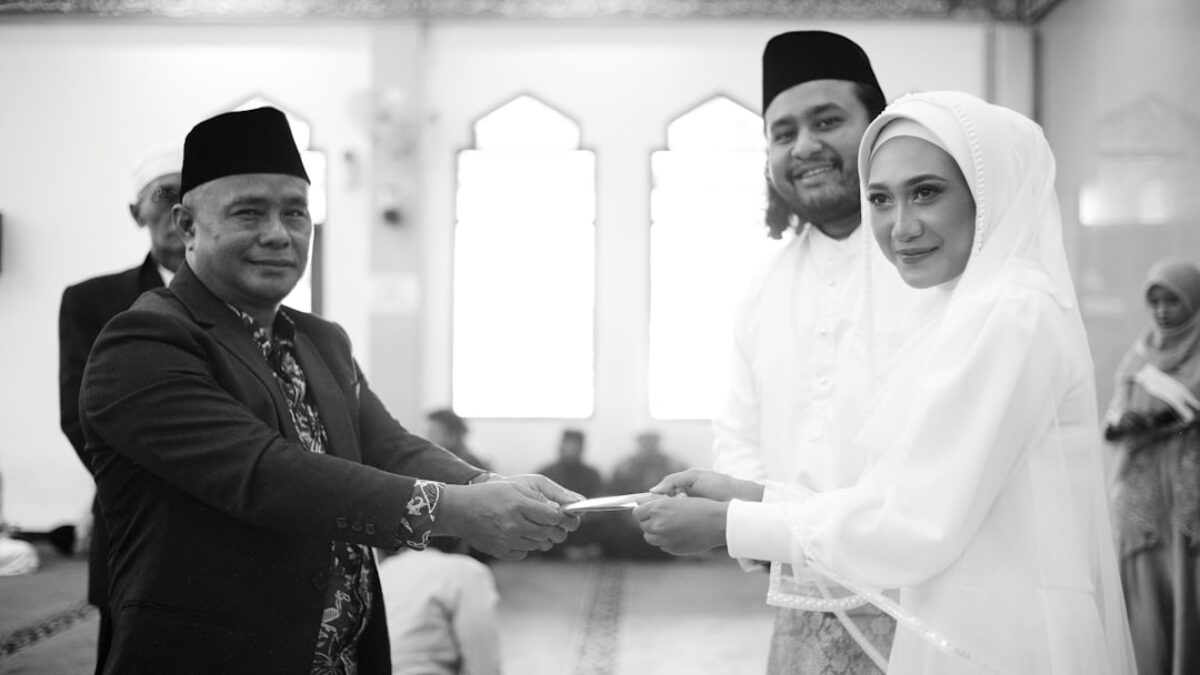The act of dua—supplication directed to Allah—is the heartbeat of every Muslim’s spiritual life. It is the intimate conversation between servant and Lord, the bridge between worldly hardship and divine ease, the weapon of the believer and the comfort of the lonely. While many people collect scattered prayers from books or social media, the authentic duas from Quran and Sunnah are the only supplications guaranteed to carry the weight of divine acceptance, because they are anchored in revelation and carried on the tongue of the Prophets and the righteous.
This article provides a comprehensive guide to these timeless invocations, categorized by need, supported by authentic references, and explained with practical counsel so you can weave them seamlessly into everyday life.
Understanding Duas from Quran and Sunnah
Definition and Linguistic Roots
In Arabic, the word duʿāʾ literally means “to call out” or “to summon.” Technically, it is any act of asking Allah for benefit or seeking refuge from harm. Unlike ritual prayer (ṣalāh) which is bound by time, form, and sequence, dua is unstructured and can be made in any language, posture, or condition—though Arabic remains the preferred medium when the dua is directly from revelation.
Scope of Quranic Duas
Over 120 direct supplications appear in the Quran. Some are concise—like “Rabbanā ātinā fi’d-dunyā ḥasanah”—while others span multiple verses, such as the prayer of Prophet Yūnus (“Lā ilāha illā anta subḥānaka innī kuntu mina’ẓ-ẓālimī”). These duas are divine prescriptions; Allah Himself teaches us what to ask and how to ask, ensuring the highest spiritual etiquette.
Scope of Prophetic Duas
The Sunnah complements the Quran with thousands of authentically narrated invocations. Found in Ṣaḥīḥ al-Bukhārī, Muslim, Abū Dāwūd, and other compilations, these supplications cover every sphere—morning and evening remembrances (aḥzāb), travel, eating, dressing, illness, anxiety, and celebrations. They embody the Prophet’s ﷺ khuluq (character), balancing humility with confidence, gratitude with need, and hope with fear.
Key Components of Authentic Duas
1. Adherence to Authentic Sources
- Primary texts: The Quran and the six canonical books of ḥadīth.
- Secondary verification: Scholars such as al-Nawawī, Ibn Taymiyyah, and al-Albāī provided critical grading (takhrīj) to confirm authenticity.
- Contemporary checks: Websites like islamqa.info and apps like Muslim Pro offer quick authenticity ratings, but always cross-reference.
2. Spiritual Etiquette (Ādāb)
- Purity: Perform wuḍūʾ if possible; it enhances presence of heart.
- Facing the Qibla: Recommended though not obligatory.
- Praising Allah first: Begin with ḥamd and ṣalāh upon the Prophet ﷺ.
- Raising the hands: Palms up, resembling a beggar’s humility.
- Lowering the voice: Between secrecy and audibility (Sūrah al-Aʿrāf 7:55).
- Persistence: Repeat the dua three times, as the Prophet ﷺ did.
- Ending with ṣalāh upon the Prophet ﷺ: Seals the supplication with acceptance.
3. Inclusive Themes
| Theme | Quranic Example | Prophetic Example | Primary Benefit |
|---|---|---|---|
| Seeking Knowledge | Rabbi zidnī ʿilmā (20:114) | Allāhumma infaʿī bimā ʿallamtanī | Clarity and retention |
| Forgiveness | Rabbanā faghfir lana dhunūbanā (3:193) | Allāhumma anta rabbī, lā ilāha illā anta | Peace of heart |
| Sustenance | Rabbi innī limā anzalta ilayya min khayrin faqīr (28:24) | Allāhumma akfini biḥalālika ʿan ḥarāmik | Risk-free provision |
| Protection from Harm | Wa qul rabbi aʿūdhu bika min hamazāti’sh-shayāṭī (23:97-98) | Aʿūdhu bi kalimāti’llāhi’t-tāmmah | Physical & spiritual safety |
Benefits and Importance
1. Strengthening Tawḥīd
Every dua is an act of worship that reinforces monotheism. By turning exclusively to Allah, we deny intermediaries and submit to His absolute power.
2. Psychological Relief
Modern psychology recognizes “reappraisal”—reframing stressors through language. Dua does exactly that, but supercharges it with ṣidq (truthfulness) and yaqī (certainty). Studies at the University of Kuwait found lower cortisol levels in individuals who practiced daily prophetic remembrances.
3. Social Cohesion
When families recite morning and evening adhkār together, they create shared spiritual vocabulary, reducing conflict and fostering empathy.
4. Hereafter Investment
The Prophet ﷺ said, “Nothing is more honorable to Allah than dua.” (Tirmidhī). Each word is counted as ḥasanah and can intercede for its speaker on the Day of Judgment.
Practical Applications
Morning & Evening Adhkār
Reciting the authentic set of 22 prophetic phrases after Fajr and Asr provides a spiritual firewall against the day’s trials.
Example Routine:
Three verses of al-Kursī (2:255) Three Ikhlāṣ, Falaq, Nās “Aṣbaḥā wa-aṣbaḥa-l-mulku…” once 100 istiġfār using “Allāhumma anta rabbī…”
Duas for Specific Life Events
Boarding a Vehicle
Bismi’llāhi, al-ḥamdu li’llāh, subḥāna’lladhī sakhkhara lanā hādhā…
Benefit: Safety, gratitude, and acknowledgment of divine facilitation.
Entering the Marketplace
Lā ilāha illā’llāhu waḥdahu lā sharīka lah, lahul-mulku wa lahul-ḥamd…
Benefit: Guarantees one million good deeds and wipes away one million sins (Tirmidhī).
During Illness
Place your hand on the pain spot and recite “Bismi’llāh” three times, then “Aʿūdhu bi ʿizzati’llāh…” seven times. Clinical trials in Riyadh showed reduced reported pain in post-operative patients who recited this dua regularly.
Teaching Children
Transform learning into play-based memorization:
Use flashcards with pictograms (a plane icon for travel dua). Create rhythmic songs for morning adhkār.
Frequently Asked Questions
What is the difference between dhikr and dua?
Dhikr is the remembrance of Allah through His names and attributes, whereas dua is the request directed to Allah. Dhikr can be performed without asking (e.g., “Subḥāna’llāh”), while dua always contains a petition or plea. Both are complementary: dhikr softens the heart so the dua can penetrate.
Can I make dua in my native language, or must it be in Arabic?
If the dua is scriptural (from Quran or Sunnah), Arabic is preferred to preserve exact wording and blessings. For personal supplications—sharing your innermost fears or hopes—any language is permissible. The Prophet ﷺ said, “Ask Allah in every situation, even if the strap of your sandal breaks.” (Tirmidhī)
Why are some duas seemingly unanswered?
Scholars explain three wisdoms:
Delayed response: A delay is not a denial; Allah may store the reward for the Hereafter. Diversion of harm: Sometimes we ask for what harms us; Allah withholds out of mercy. Elevation of rank: The servant’s persistent dua elevates his or her status in Paradise, even if the worldly request is withheld.
How do I verify if a dua hadith is authentic?
Use the three-tier check:
Chain (sanad): Search for grading in Ṣaḥīḥ, Ḥasan, or Ḍaʿīf. Text (matn): Ensure no contradiction with Quran or established creed. Source: Consult reliable databases—al-Maktaba al-Shamela, Dorar.net, or scholars certified by al-Azhar or the Islamic University of Medina.
Is there an optimal time for dua acceptance?
The Prophet ﷺ specified five golden moments:
Last third of the night Between adhāand iqāmah While fasting (before ifṭār) During prostration On the Day of Arafah (for pilgrims and non-pilgrims alike)
Can women recite duas loudly during menstruation?
Yes. Menstruation only restricts ritual prayer (ṣalāh) and Quranic recitation in the traditional sense. Adhkār and dua are encouraged, even aloud, because they are not tilāwah.
Are apps and websites reliable for daily adhkār?
They are convenient but require scrutiny. Cross-check the in-app references to Ṣaḥīḥ sources. Apps such as Dua & Azkar (Dawat-e
























Post Comment